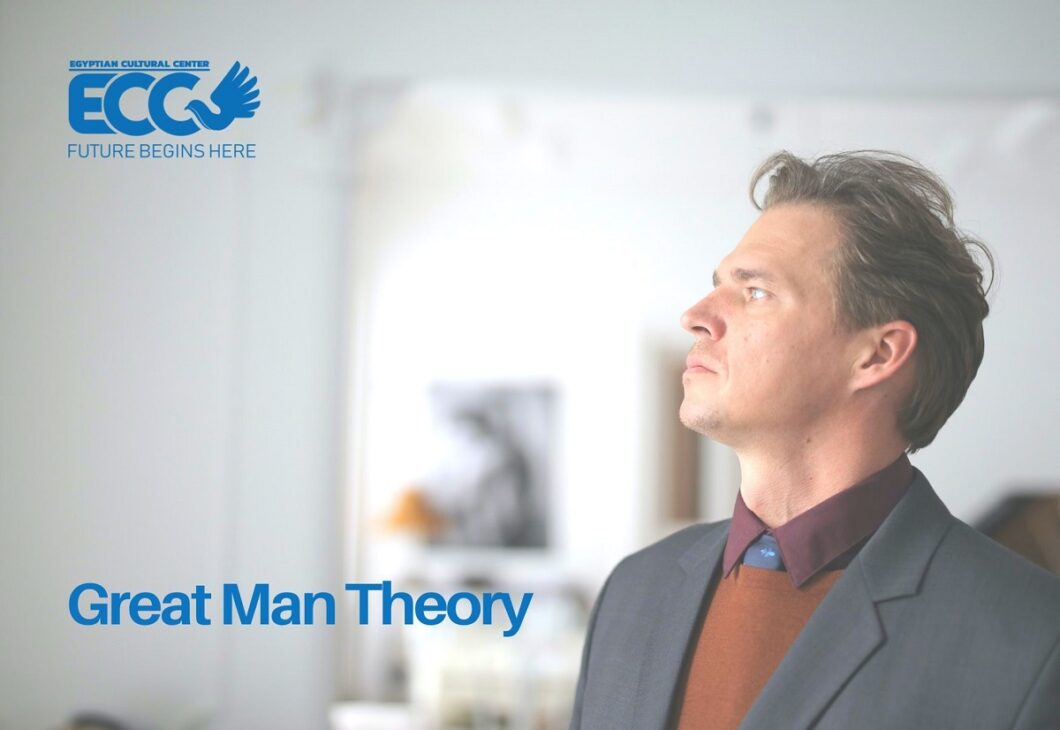“Great leaders are God-gifted, not man-made”
This quote reflects the results conveyed by a very popular theory known as the Great Man Theory of Leadership, which relates to the fact that leadership traits are inbuilt. Much of the work on this theory was done in the 19th century and is often linked to the work of the historian Thomas Carlyle who commented on the great men or heroes of the history saying that “the history of the world is but the biography of great men”. (Thomas Carlyle) According to him, a leader is the one gifted with unique qualities that capture the imagination of the masses.
The great man theory of leadership states that some people are born with the necessary attributes that set them apart from others and that these traits are responsible for their assuming positions of power and authority. a leader is a hero who accomplishes goals against all odds for his followers. The theory implies that those in power deserve to be there because of their special endowment. Furthermore, the theory contends that these traits remain stable over time and across different groups. Thus, it suggests that all great leaders share these characteristics regardless of when and where they lived or the precise role in the history they fulfilled.
During the 19th century, the Great Man Theory of Leadership became very popular. The theory was formulated mainly by analyzing the behaviors of mainly military figures of the time. In the 1800s, authoritative positions were held solely by men and were typically passed on from father to son. Thus, it’s not a coincidence that the theory was named “Great Man Theory” as there weren’t any women that were given the opportunity to rise when the occasion presented itself. Earlier leadership was considered as a quality associated mostly with the males, and therefore the theory was named as the great man theory. But later with the emergence of many great women leaders as well, the theory was recognized as the great person theory.
The leader’s genetic and psychological characteristics
Here we can integrate genetics and psychology where your physical appearance affects the impression people give you and how much you affect them, the first physical characteristic that we looking at and probably the most obvious one, height. height has been consistently shown in statistical data to be a correlative feature among leaders. Among the general population, 3.9% of people are 6 feet 2 inches or taller. However, among CEOs of Fortune 500 companies, 30% of them are that height or above.
A 2001 study by Nicola Persico, Andrew Postlewaite, and Dan Silverman of the University of Pennsylvania, found that it’s the height a person had as a teenager that matters when it comes to bringing home the bacon as an adult.
“Two adults of the same age and height who were different heights at age 16 are treated differently on the labor market,” Persico, Postlewaite, and Silverman concluded. “The person who was taller as a teen earns more.”
“Those who were relatively short when young,” they continued, “were less likely to participate in social activities associated with the accumulation of productive skills and attributes, and report lower self-esteem.”
A 2004 study by psychologist Timothy A. Judge, Ph.D., of the University of Florida, and researcher Daniel M. Cable, Ph.D., of the University of North Carolina, found that every inch of height amounts to a salary increase of about $789 per year (the study controlled for gender, weight, and age).
(Timothy A. Judge 2004)
By this calculation, someone who is 6 feet tall earns $5,525 more annually than someone who is 5 feet, 6 inches. Over the course of a career, of course, those numbers can really add up.
“Perhaps when humans were in the early stages of an organization, they used height as an index for power in making ‘fight or flight’ decisions,” Judge told the “Monitor on Psychology,” a publication of the American Psychological Association. “They ascribed leader-like qualities to tall people because they thought they would be better able to protect them. Evolutionary psychologists would argue that some of those old patterns still operate in our perceptions today.”
Summary:
The Great Man Theory has no real credibility in terms of explaining how we can become a great leader other than being born a leader, yes. there is a special people Through the history, we can think in great leaders and military heroes even some sports players and scientists that they have special abilities that we can say that they were born as well, but we can’t ignore the circumstances and the gained experiences and events that someone may go through that can make him a great leader instead of a weak and careless person so some moments and circumstances are special In an individual’s life and creating it.


